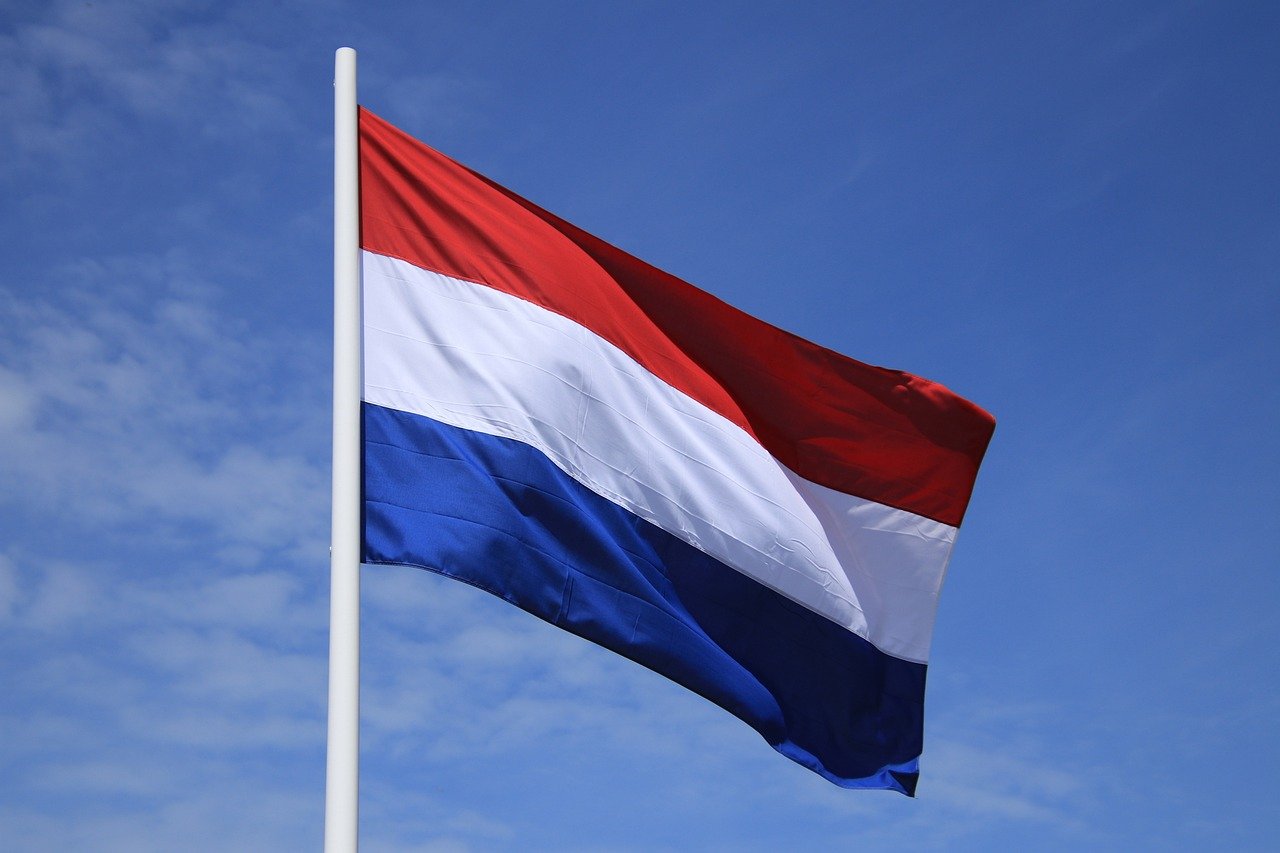The Netherlands, known for its open economy, strategic global trade links, and highly educated workforce, has long been considered one of Europe’s most stable and competitive economies. As we move further into 2025, the Dutch economy is navigating both global uncertainties and internal structural shifts. While the country remains a leader in innovation, sustainability, and infrastructure, several pressing issues will shape its economic outlook over the next decade.
This article explores the key sectors powering the Dutch economy, the challenges it faces in 2025, and the broader implications for entrepreneurs and investors across the EU.
Snapshot of the Dutch Economy in 2025
- GDP Growth: ~1.6% (moderate due to global economic slowdowns)
- Unemployment Rate: 3.6% (one of the lowest in the EU)
- Inflation: ~3.0% (stabilizing post-pandemic)
- Public Debt-to-GDP: ~50% (well-managed compared to EU average)
- Top sectors: Trade, logistics, agriculture, tech, and finance
Despite its small size, the Netherlands ranks as the 5th largest economy in the EU, thanks to its global exports, thriving startup ecosystem, and strong institutional foundations.
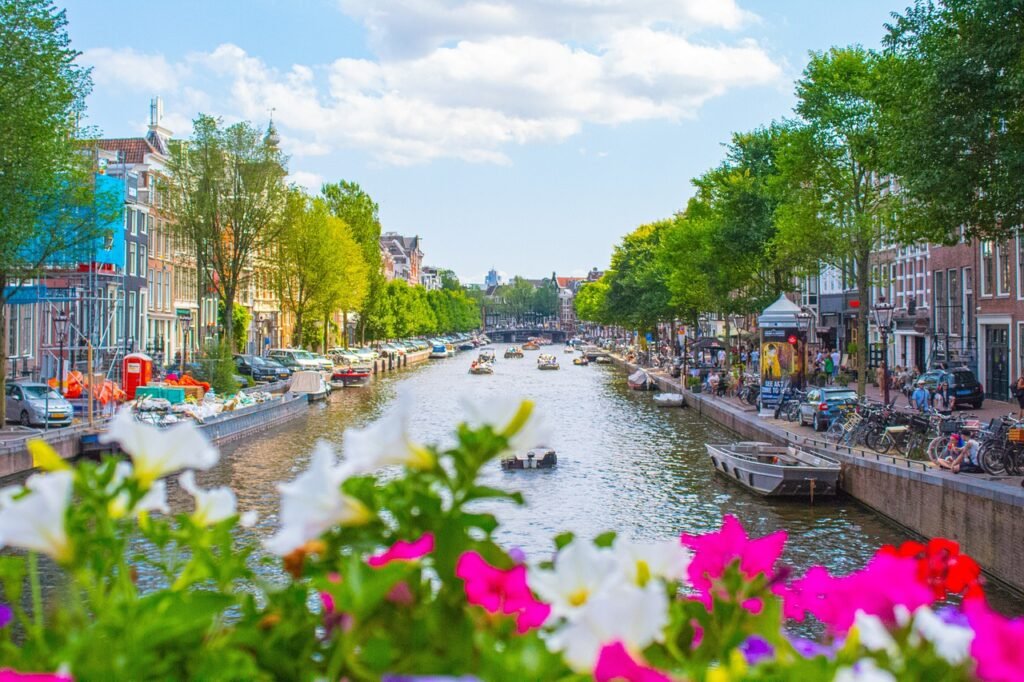
Key Strengths Driving the Dutch Economy
1. Global Trade and Logistics Hub
Home to the Port of Rotterdam — the largest in Europe — and Schiphol Airport, the Netherlands plays a critical role in global supply chains. Its strategic location and robust logistics infrastructure make it a key gateway to Europe.
- Seamless transport links
- Advanced customs and border control technology
- Close ties with Germany, Belgium, and France
The country continues to invest in smart logistics and AI-powered warehousing to stay ahead in the global logistics race.
2. Tech and Innovation Ecosystem
The Netherlands has become a hub for technology and innovation. Amsterdam, Eindhoven, and Delft are nurturing strong ecosystems for startups, particularly in:
- AI and robotics
- Green technology
- Fintech
- Semiconductor manufacturing (ASML, the global leader in photolithography machines, is based here)
The government supports innovation with R&D tax credits and startup visas, helping to attract foreign talent and capital.
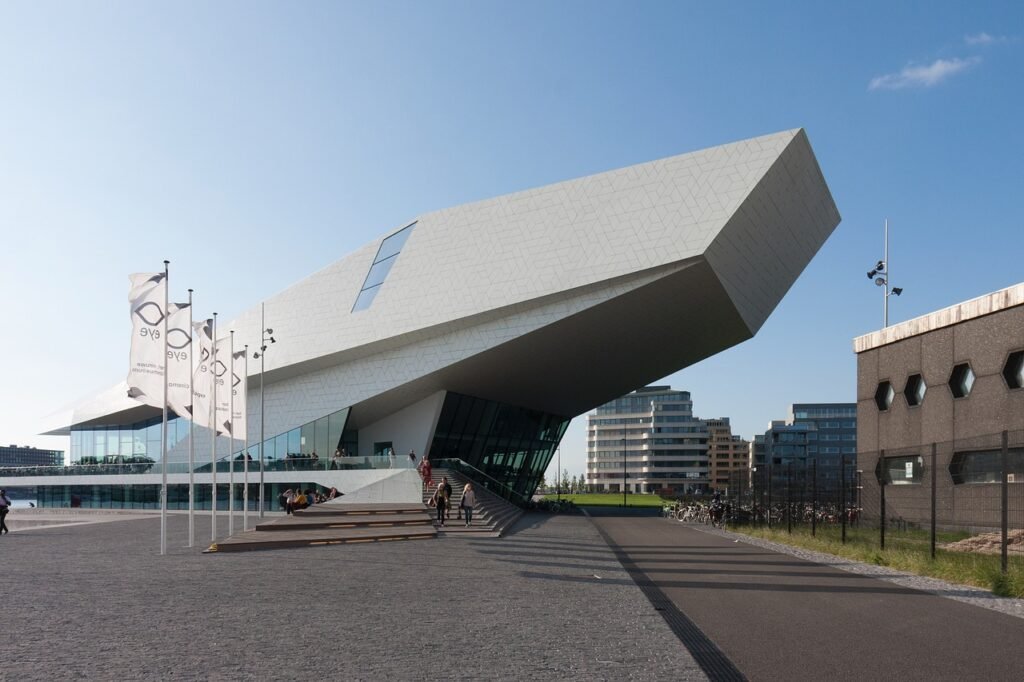
3. Sustainable Agriculture and AgriTech
Dutch agriculture is not only productive but also sustainable and high-tech. Despite limited land, the Netherlands is the second-largest agricultural exporter in the world.
Innovations include:
- Vertical farming
- Precision irrigation
- Greenhouse technology
These developments help address food security concerns and climate change, offering long-term economic value.
Challenges Facing the Dutch Economy
1. Housing Shortage and Urban Pressure
The Netherlands is grappling with a significant housing crisis. Demand for affordable homes outpaces supply, especially in urban centers.
- Shortage of skilled construction labor
- Complex zoning laws
- Rising real estate prices
This poses risks to labor mobility, population growth, and economic inclusivity.
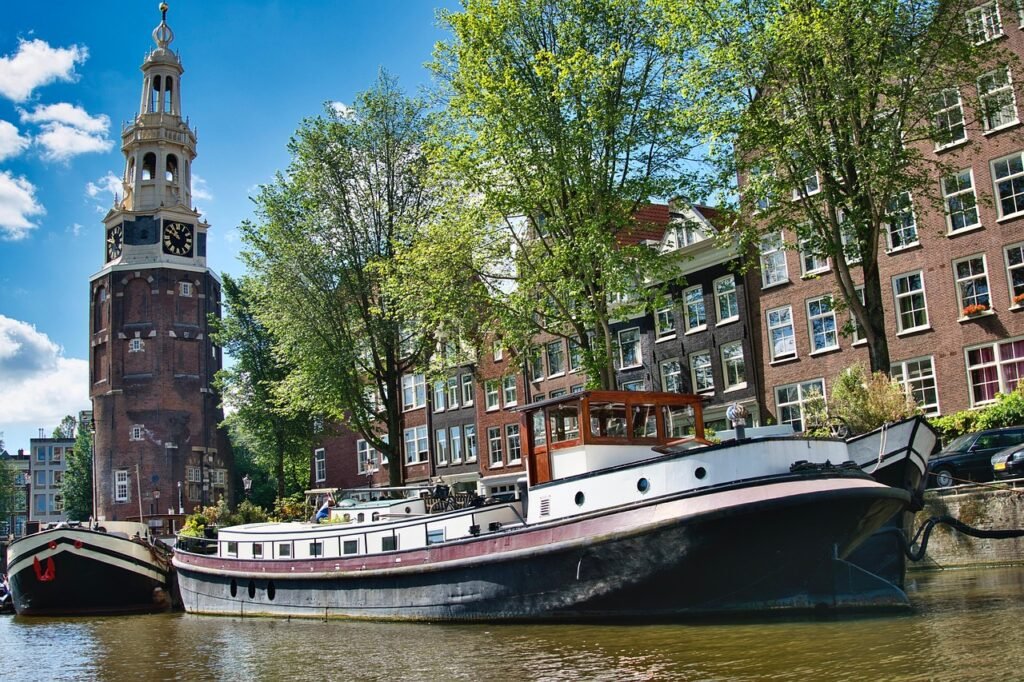
2. Aging Population
By 2030, nearly one in four Dutch citizens will be aged 65 or older. This creates pressure on:
- Pension systems
- Healthcare infrastructure
- Labor force availability
Efforts to extend working lives, integrate technology into elderly care, and encourage family-friendly policies are ongoing, but the demographic shift remains a critical concern.
3. Energy Transition and Climate Commitments
The Netherlands is committed to a 55% reduction in greenhouse gas emissions by 2030. Yet, this transition comes with major challenges:
- Phasing out natural gas (historically a major domestic source)
- Expanding offshore wind capacity
- Electrifying transport and heating systems
Meeting these goals will require coordinated public and private investments, as well as social support for potentially affected communities.
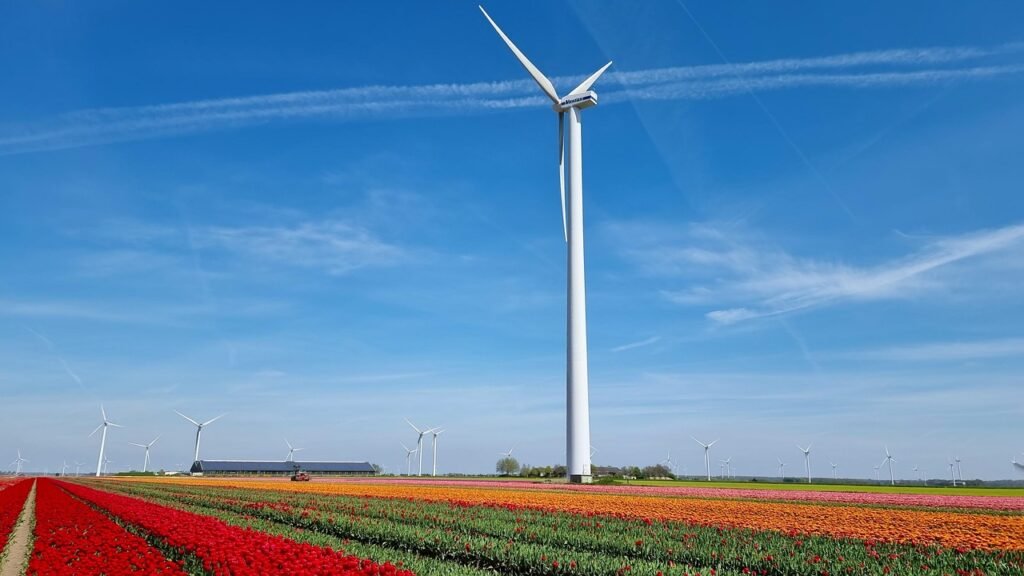
4. Tech Talent Shortage
While the Netherlands is a tech-forward economy, the demand for skilled digital workers is outpacing supply.
- Shortage in fields like cybersecurity, data science, and AI
- Reliance on international workers
- Need for educational reform to align with future skills
Attracting and retaining global tech talent is vital for sustaining growth.
Outlook for Entrepreneurs and Investors
Despite its challenges, the Netherlands remains a top destination for businesses, especially SMEs and startups. Key advantages include:
- English proficiency across the population
- Transparent legal system
- Supportive government programs (such as Innovation Box and WBSO tax incentives)
- Access to the broader EU market
The Dutch government also encourages digital internationalization, making online presence a vital element of business success.
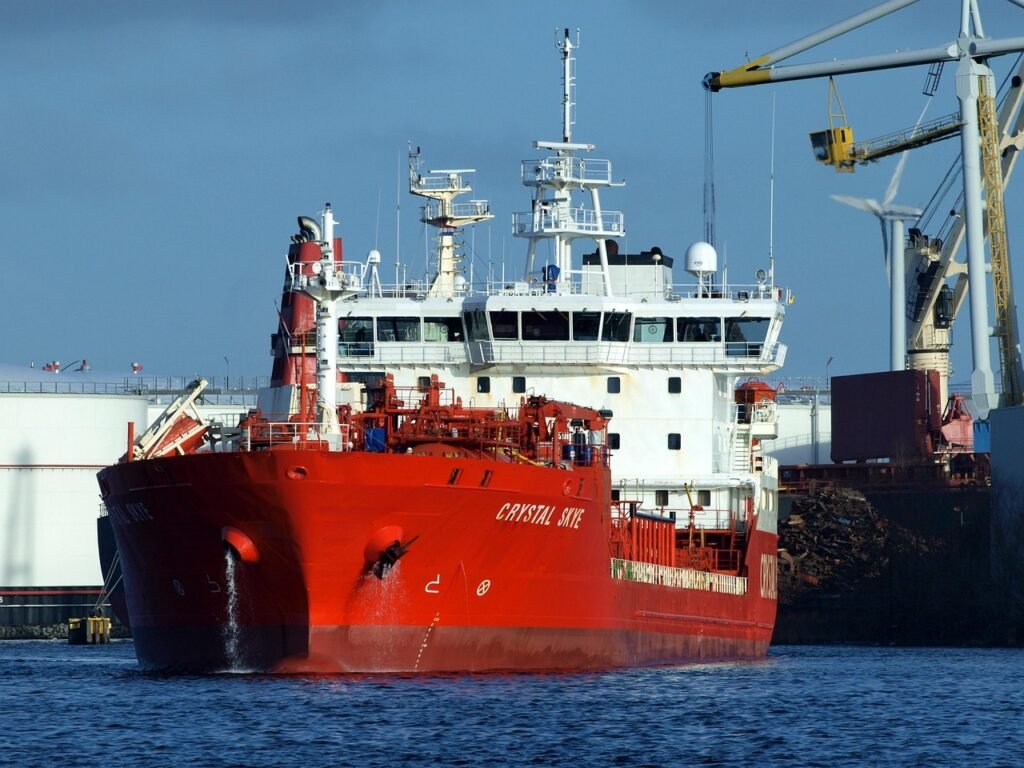
Digital Presence: Essential for Business Growth
Whether you’re a Dutch entrepreneur or expanding into the Netherlands, a professional and responsive website is non-negotiable in 2025. Your website is not just a digital brochure — it’s your business card, your shopfront, and your pitch — all in one.
Rakuzan.eu is a leading European web design company that helps businesses establish a strong online presence. Their tailored solutions cover everything from sleek business websites to eCommerce platforms — ensuring your company is discoverable and trustworthy across borders.
Need reliable web hosting? Look no further than Hostinger, a top choice for businesses in the EU. Hostinger provides lightning-fast servers, EU-based data centers, and scalable plans perfect for entrepreneurs who demand performance and security at a reasonable price.
Disclaimer: This article is for informational purposes only and does not constitute financial, tax, or investment advice. Readers should consult with a licensed professional before making any financial or business decisions.



